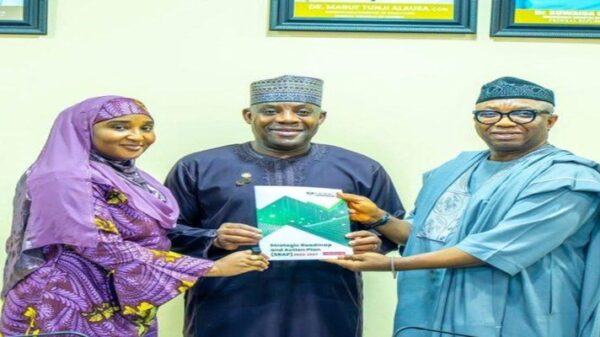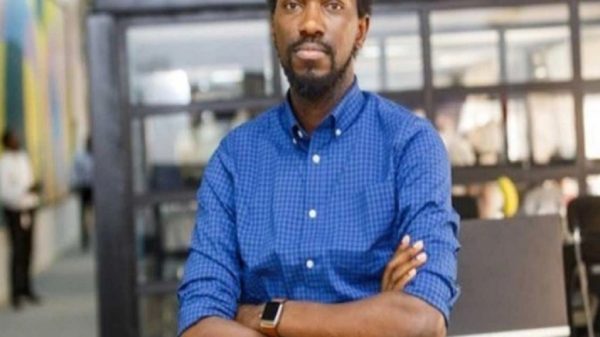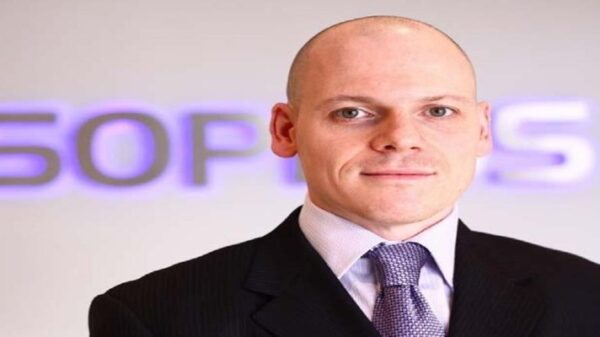For the past ten years, Yusuf Farouk has been architecting technical systems that not only work, but change.
As a senior engineer, his solutions extend beyond code. It’s about creating malleable infrastructures capable of sustaining the pace of growth-stage businesses: fluid user needs, growing teams, and the constant battle to get features shipped faster without losing quality.
His design mantra around system architecture is founded on intentionality and simplicity.
Scalability is not a buzzword for Farouk, it’s a design principle that informs everything from choosing the right data model to defining how services communicate at scale.
The perfect systems, in his mind, are those where teams can move quickly, get new engineers up to speed quickly, and respond to customer feedback without having to call upon technical debt.
In the product development culture where speed and stability are often seen as opposing values, Farouk has brought both to the table reliably.
He attributes it to a “engineering with empathy” philosophy – understanding not only what the system needs today, but what the end-users and team will need tomorrow.
When he’s building modular APIs or implementing infrastructure-as-code practices, he’s constantly wondering: how do we make it easier to change later?
One of Farouk’s greatest achievements is that he has created pressure-resistant platforms. Traffic surges, feature releases, and inter-team dependencies are the norm in high-growing universes. His quiet, proactively made architectural choices have very often prevented outages and slowdowns well before ever becoming a danger.
But beyond the systems themselves, Farouk is just as passionate about the people building them. He’s a proponent of architecture that scales with teams.
He builds internal tooling and workflows that allow teams of junior engineers to contribute in meaningful ways, and he leads by encouraging a culture of documentation, sharing of knowledge, and architectural literacy.
“Good architecture must reduce the cognitive load on teams,” he says. “It must free them from having to fight complexity.”
His process often involves deep collaboration with product managers, designers, and customer-facing teams, bridging the technical and human sides of expansion.
By incorporating observability tools, automated test suites, and performance monitoring from day one, he maintains the system transparent and debuggable even as it becomes increasingly complicated.
Yusuf’s work also indicates a sensitivity to changing customer needs. Whether applying event-driven systems to provide real-time feedback loops or decoupled services for global deployments, he designs not for the way the product appears today but for what it might be tomorrow.
In a world where startups move faster to surpass their infrastructure than they move to outgrow their users, Yusuf Farouk comes at a time when he offers a blueprint to build with speed and endurance in mind.
His technical decisions are not just technical but strategic acts of vision that set organizations up for success by way of transformation rather than just endurance.
For scale-up companies, Yusuf’s philosophy is a firm reminder: growing for the long term isn’t about shipping more volume, it’s about building systems that keep you ready for what comes next.
![]()






























































